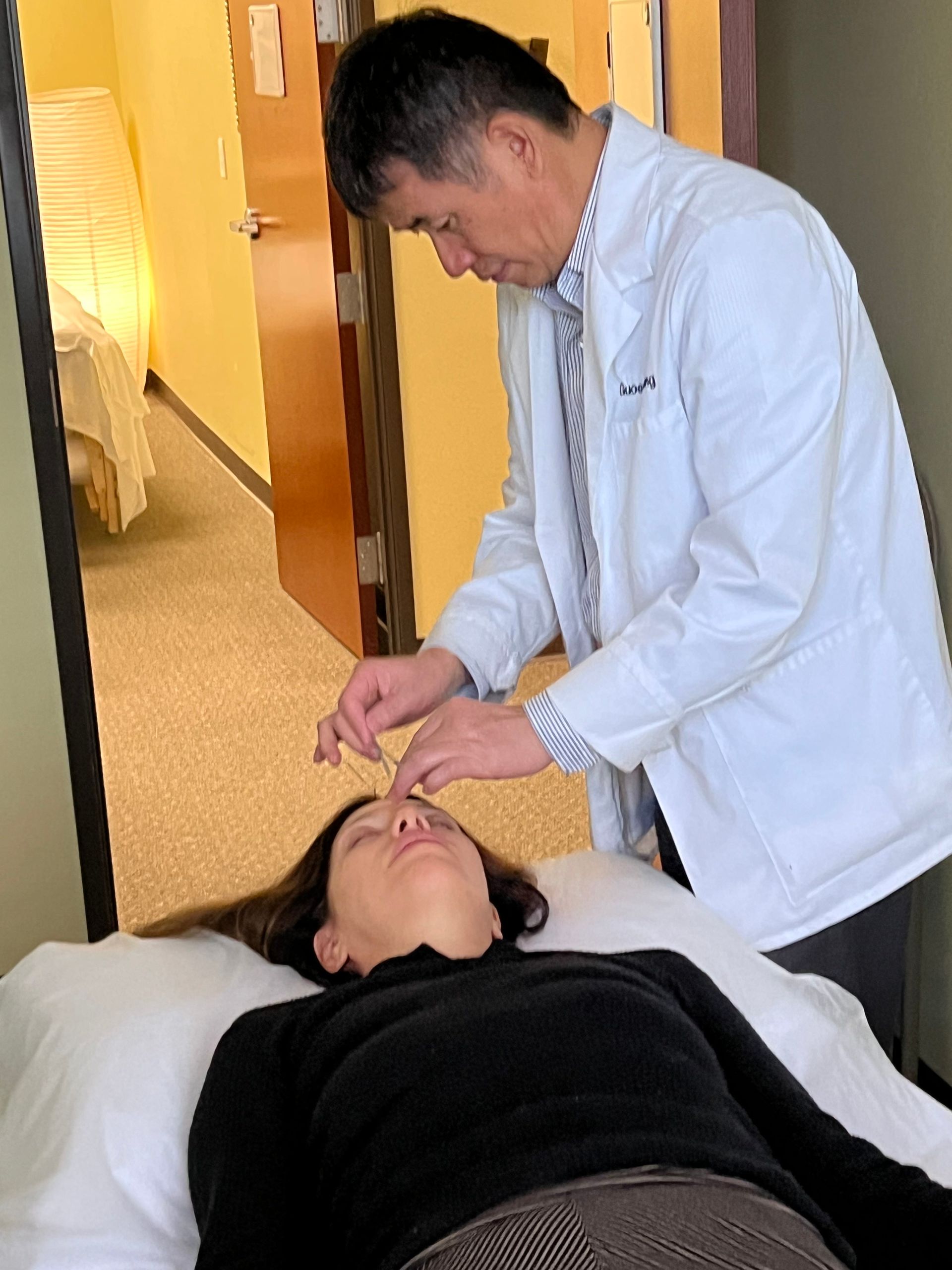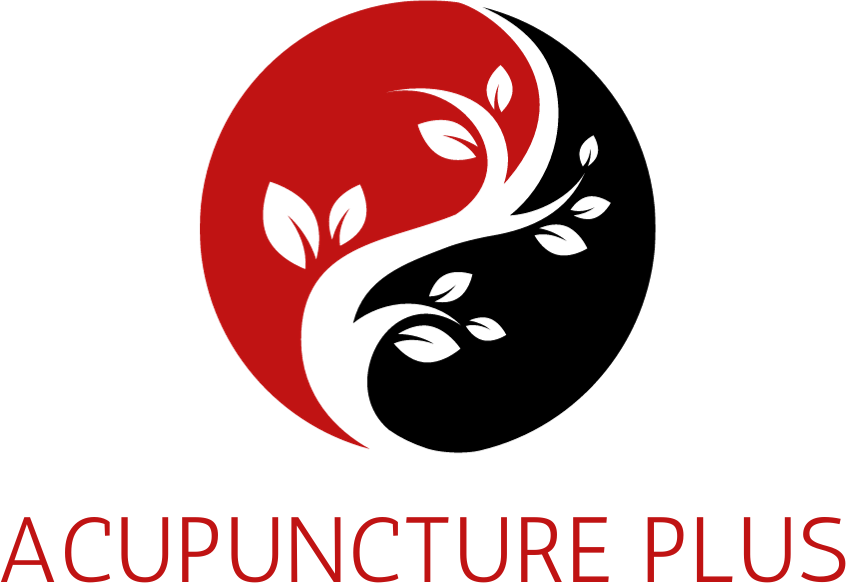Austin Acupuncture for Insomnia: Transforming Insomnia with Expert Care

Insomnia is a prevalent sleep disorder, affecting approximately 40% of adults. Symptoms of insomnia include difficulty falling asleep, taking more than 30 minutes to fall asleep, or difficulty staying asleep. Insomnia is considered chronic when it happens more than four nights a week and last for at least three weeks.
Insomnia can lead to symptoms like fatigue, tension, and lethargy. Difficulty sleeping can also cause cognitive impairments, such as delayed reactions, distraction, and headaches. In severe cases, insomnia can contribute to mental illnesses like schizophrenia. Prescription medications for insomnia carry many side effects and generally are not recommended for long term use.
Acupuncture is a side-effect free, powerful holistic treatment that can help resolve sleep quality symptoms.
How Does Acupuncture Help You Sleep?
Acupuncture, an ancient Chinese healing practice, is well known for its therapeutic effects in helping treat insomnia and promoting better sleep hygiene–without the side effects of pharmaceutical medications. By expertly placing tiny, hair like needs on certain meridian points of the body, acupuncture helps to naturally restore the balance of Qi (energy) flow. While the exact mechanisms are not fully understood, acupuncture is believed to influence various physiological processes, including the regulation of neurotransmitters and hormones associated with sleep.
Balancing Energy Flow
In traditional Chinese medicine (TCM), the body's vital energy, or Qi, flows through meridians. Disruptions or imbalances in this flow are thought to contribute to health issues, including sleep disturbances. Acupuncture aims to correct these imbalances by stimulating specific points along the meridians. This restoration of energy flow is believed to alleviate stress, anxiety, and tension, which are common culprits of sleep problems.
How Does Acupuncture Work?
Acupuncture, a 3,000-year-old practice in Traditional Chinese Medicine (TCM), is often considered an "alternative" treatment in the United States. Chinese medicine takes a holistic approach, viewing the mind, body, and spirit as an interconnected system. Its goal is to identify the root cause of illness or imbalance and address it. In acupuncture, thin needles are inserted into specific points along meridians, which are pathways where life energy, known as "Qi," flows.
The body is seen as a network, an electrical highway of points and meridians, influenced by both internal and external factors that are constantly changing. Acupuncture taps into this network, redirecting and harmonizing the flow of energy to bring about immediate and lasting change.
Acupuncture is believed to function as a neuromodulator, reducing the brain's perception of sensory signals, such as chronic pain. Through
functional MRI scans, we can observe that acupuncture has a broad impact on various regions of the brain. This widespread influence underscores the significant role of acupuncture in brain function.
What to Expect on Your First Visit
Embarking on your first acupuncture session for Insomnia involves a comprehensive and personalized approach designed to understand your unique health condition. Here's what you can typically expect:
Testimonials
Embrace restful sleep with acupuncture for insomnia. Start your journey to better sleep today – schedule your acupuncture session with us today and experience the transformative power of holistic healing.
